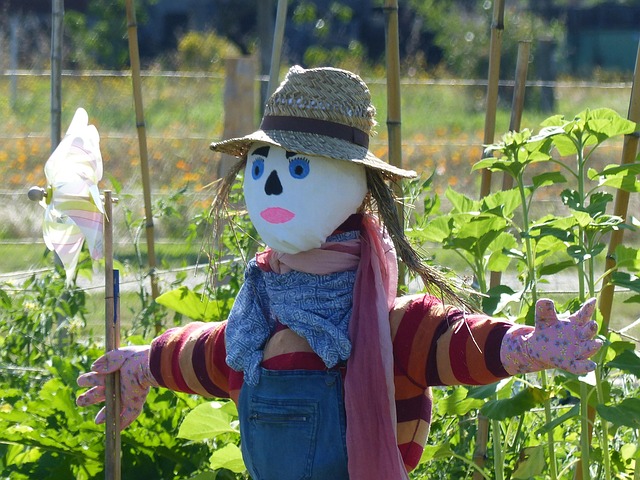In an age where urban jungles often overshadow nature, the concept of permaculture urban gardens emerges as a beacon of hope for city dwellers looking to reconnect with the earth. Imagine stepping out of your apartment and into a flourishing oasis that bursts with life, color, and vitality. Such an oasis not only enhances the beauty of concrete landscapes but also plays a crucial role in restoring ecological balance.
At its core, permaculture is about designing sustainable and self-sufficient ecosystems that mimic nature’s intricate relationships. In the context of urban gardening, this means transforming balconies, rooftops, and the often-overlooked corners of our cities into thriving gardens that yield food, beauty, and biodiversity. With a focus on eco-friendly practices, these gardens can foster environments where both plants and people thrive.
Environmental sustainability in cities is more critical now than ever. Urban areas are notable contributors to pollution and greenhouse gas emissions. By adopting permaculture principles, city gardens can significantly mitigate these environmental impacts. Implementing practices such as rainwater harvesting, composting kitchen scraps, and using native plants supports local biodiversity while reducing waste. Each small step taken in our urban gardens is a stride toward a healthier environment.
The beauty of a permaculture urban garden lies not only in its sustainability but in the way it engages the community. These gardens can serve as gathering spaces where city dwellers—from young children to seasoned gardeners—come together to learn, share, and grow. Workshops can be organized to teach sustainable gardening practices, cooking demonstrations can highlight how to use fresh produce, and community events can foster connections between neighbors. This social dimension cultivates a sense of belonging and encourages a collective responsibility toward the environment.
Incorporating eco-friendly practices into urban gardening isn’t just about sustainability; it’s about creating a healthier relationship with food. Permaculture urban gardens encourage the growth of organic fruits, vegetables, and herbs, promoting a farm-to-table approach that significantly reduces the carbon footprint associated with transporting food. When you grow your own produce, you know exactly what goes into it, offering peace of mind and fostering a deeper connection to the food you eat.
Moreover, these green spaces contribute to improved air quality and urban temperatures. Plants naturally filter pollutants and carbon dioxide while releasing oxygen, creating a healthier atmosphere for city inhabitants. Green gardens also help combat the heat island effect common in urban areas, providing cooler microclimates in the bustling, often stifling heat of city summers.
Nature has a remarkable ability to thrive, even in the most unexpected environments. By embracing permaculture principles in urban gardens, we can nurture this resilience within ourselves and our communities. Whether it’s a sunlit rooftop garden filled with pots of herbs or a community garden brimming with vegetables, urban gardening offers countless opportunities to engage with nature, learn from it, and find solace in its presence.
The path to creating a sustainable urban oasis begins with individual action. Start small with a few pots of herbs on your balcony or collaborate with neighbors to establish a shared garden space. Every effort counts in sowing the seeds of change, bringing us closer to an eco-friendly lifestyle. By adopting permaculture urban gardens, not only do we harvest fresh produce, but we also cultivate a deeper connection to the environment and, ultimately, to one another.




